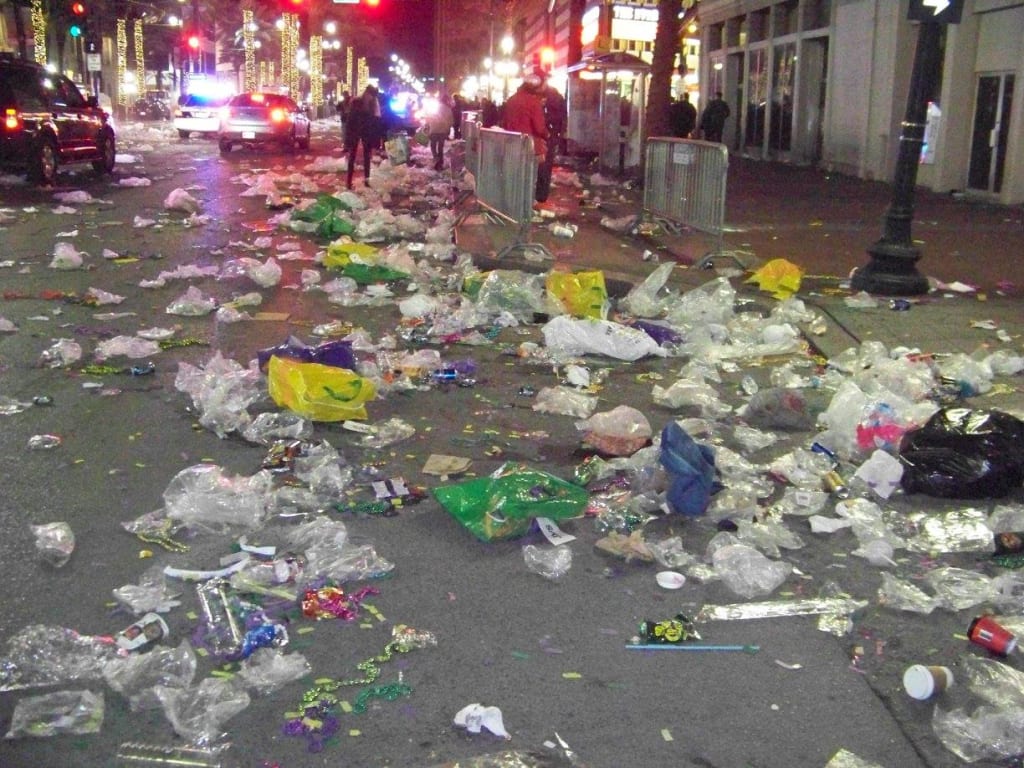Commentary on Glasgow Climate Act
What is possible?

Sharing some analytical commentary after reading the Glasgow Climate Pact (the document of 11 pages in length published recently).
They use the words "Acknowledges", "Recognizes", and "Urges" many times more than they use more definitive and specific terms in the 97 items. It often references the Paris Agreement and features a desire to bolster the efforts pledged therein while asking for more. Unfortunately, the Paris Agreement fell short scientifically (the pledges made were not enough to achieve the stated goal). And, the pledges were not met. Now, they cite a shorter time frame for greater pledged reductions without definitive direction given. It sadly does not seem realistic based on the current state of global affairs and politics in general. Also, much of the emphasis is on rhetoric regarding wealth transfer and shifting funds, including a 100 Billion USD per year request from developed country parties (cumulative total) around the globe for both climate finance and efforts to eradicate poverty. It's not clear how effectively the funds will be or can be utilized between now and 2030. That's a very short time frame. We must try our best to make positive change happen and the sentiment is commendable.
This Pact, unfortunately, fails to address two very important, fundamental items required for success.
One is the issue of overpopulation. A global effort to promote healthy living, birth control, and preventive care are keys to creating a healthy, sustainable society on a healthy planet. Ehrlich et al listed an optimum population of 1.5 to 2 Billion. My figures fall between 1.5 and 3 Billion. Various factors including standard of living choices make this a controversial topic, so let it suffice to say that carrying capacity has been greatly exceeded. Also, in economic terms, less than a third of the current global population is above poverty level and much of the economy is on shaky ground or based on materialistic mindsets detrimental to healthy living and environmental causes in general.
The second missing item is a major program focused on reaching and educating individuals globally, showing people positive changes they can and must make at home for their own sake, and informing them of how those cumulative grassroots changes are of huge importance in solving the global crises we face, especially environmental crises. (my short list of crises provided below).
For now, the increase in awareness and commitments from some parties are good news. However, the lack of a definitive plan and specific, effective action items delegated to each party and failure to meet previous pledges and definitive commitments on the part of wealthy, highly-consumptive nations is disheartening.
When the world is ready to elect and appoint a team of scientists, engineers, financial experts, and behavioral health professionals to take the reins, send word. Don't wait long while thinking about it, though, because in the grand scheme we don't have a lot of time left and the Environment doesn't have much more time than folks in my age group. The sixth mass extinction continues as we speak instead of act. I wonder how it will all look in the year 2100. Sure, some life will survive, but it's likely to be only a shadow of what it could and should be since human society is not truly committed to itself or the planet on which it depends.
Here's to hoping positive change is achieved quickly. Let's keep hope alive.
First draft, crises list:
Pollution in the land, water, air (hazards to life, straws, 6-pack rings, bags, smog, particles, toxins, etc)
Destruction of habitat (prairies, forests, wetlands (IL only .01% prairie left))
Greenhouse gases (CO2, Methane) and refrigerants (Ozone layer affected)
Pharmaceutical drugs and products in the environment (medicines, etc)
Chemicals in the environment (pesticides, fertilizers, cleaners, etc)
Overpopulation and poverty...
lack of safe water supply
food insecurity, hunger, and starvation
lack of proper sanitation
inconsistent or no electricity
struggle to meet basic needs, 3.4 billion+
extreme poverty, 9 percent, 698,000,000
About the Creator
Thomas Durbin
Raised in rural east-central Illinois, I appreciate nature and the environment. I'm a father, grandfather, professional engineer-scientist, leader, scouts leader, coach, stoic, minimalist, costumer, historian, traveler, and writer.






Comments
There are no comments for this story
Be the first to respond and start the conversation.